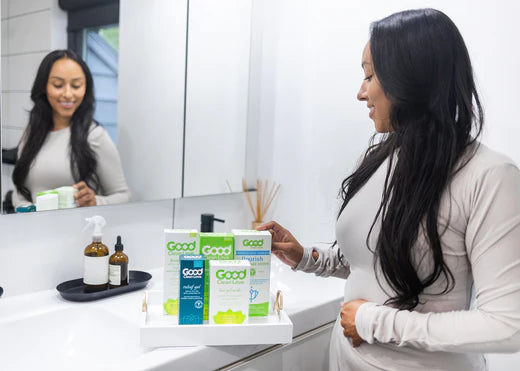Bacterial vaginosis defined
Bacterial vaginosis, more commonly referred to as “BV,” is the most common infection in women ages 15 to 44. According to the CDC, it is a change in the normal bacteria of the vagina, and these changes can have a significant impact on a woman’s reproductive health.
How do you get BV? And how do you know if you have it?
There is still more research needed to determine exactly how women get BV, as the cause is still largely unknown. However, most professionals agree that it is most often found in sexually active women, and there is a strong correlation between the use of douches and higher rates of BV in women.
In fact, BV is incredibly common, and it is estimated that more than 29% of adult women have BV. Certain women are prone to BV naturally, simply based on their bacterial makeup of their vagina, regardless of whether or not they are sexually active.
So, how do you know if you have BV? While many women are asymptomatic, common signs include: an unusual, foul odor; persistent vaginal itching or discomfort; and grey vaginal discharge. Some women also report a burning sensation while going to the bathroom.
Why does it matter if I have BV?
There are a number of sexual health risks and outcomes associated with bacterial vaginosis. These include an increased risk of contracting STIs, and increased risk of pre-term birth or other labor complications, and a higher risk of pelvic inflammatory disease. So, it is important to take action if you suspect you have BV.
What do I do if I think I have BV?
If you are experiencing any of the symptoms listed above, see your healthcare provider immediately for treatment. The most common treatment for BV is antibiotics; if you are prescribed a round of antibiotics, make sure to take the full prescription (not just until your symptoms clear.) This will help prevent a recurrence of BV.
If your sexual partner is also a female, it is likely that she has BV too. Encourage her to see a healthcare provider as well for screening. However, if you are a female and your partner is a male, he does not need to seek treatment if you have BV.
For recurrent bacterial vaginosis, consider regular use of a vaginal probiotic supplement or pH-balancing vaginal gel to support the good bacteria in your vagina.














